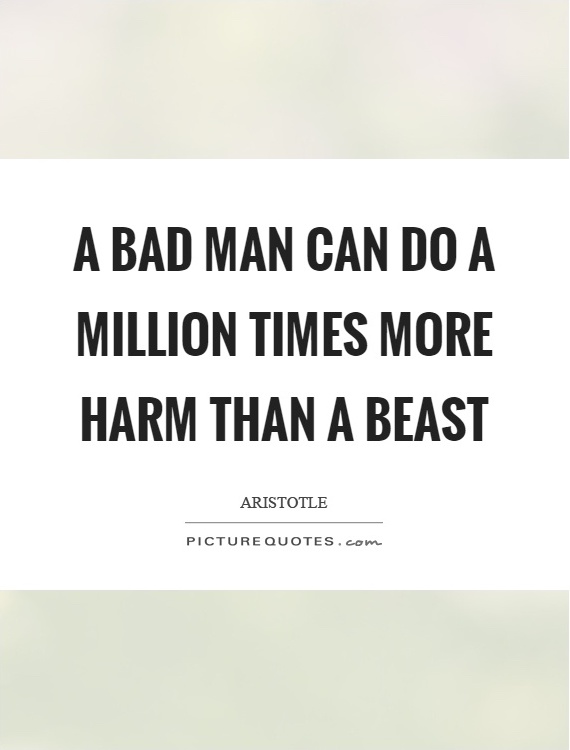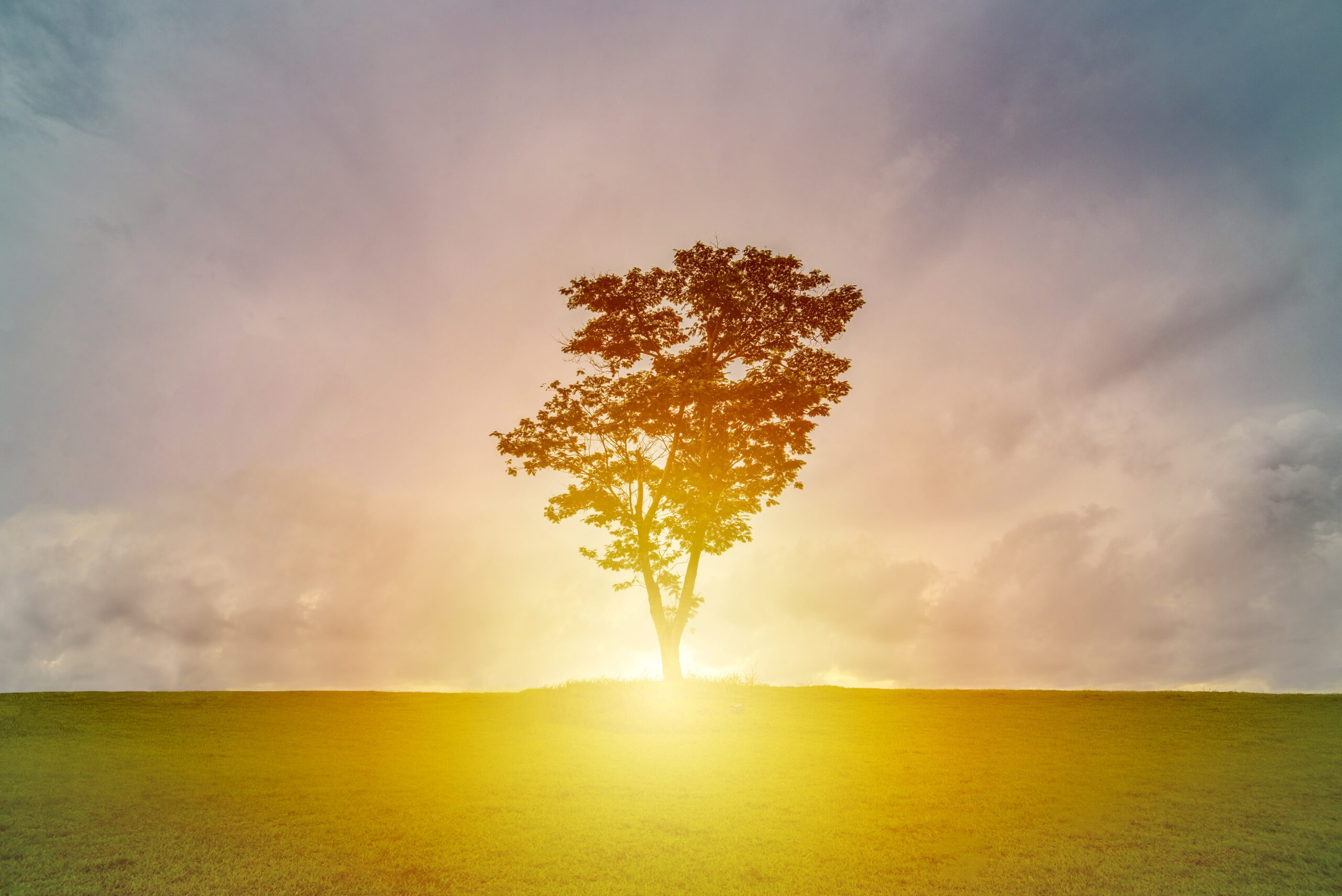What does it mean to be made in the image of God — the imago dei?
Stepping back we can also ask, what are our brains for and how are we different than the beasts.
Brains are for Predicting
At the most basic level, animal brains are predicting machines. This is why we have an addiction to prediction.
What we call the “present” is really just the intersection of our past experiences (in implicit and explicit memory of pain and pleasure) and our future expectations.
Our brains are finely tuned experts at mining our memories and comparing anything in the present, and then making snap judgments (really just information based guesses) about future outcomes.
Predict Or Die
Miss the sound of an approaching predator or enemy. You die.
Miss the subtle tracks of prey that you could eat. Then you die.
Miss the signs of an approaching storm. You die.
Miss the marks of poisonous food. You die.
Miss the social cues and relational responsibilities of your tribe. You die — by being kicked out.
Now in our modern, western world we are not on the brink of death like the examples above so we forget that our brains are highly optimized — like all animals, all beasts — for survival.
Made on the Sixth Day
As the story goes, humanity as made on the sixth day. The day all the other beasts were made.
So whatever it might mean to be made in the image of God, it includes our animal nature.
Our animal nature consists of impulsive, implicit, automatic behaviors to maximize pleasure and minimize pain, to attached to family, and to make offspring (you know, off the top of my head).
But We Aren’t Just Beasts
When we becoming coldly calculating prediction machines, when we look for newer and better ways to make predictions (through prophecy or polling), for the benefits of our politics or our profits, we becomes merely like the beasts.
It is any wonder that the prophet Daniel referred to the coming global empires as beasts (Daniel 7: Babylon, Medes, Persians, Greece), or that when Nebuchadnezzar became like a beast when he sinned against God (Daniel 4).

Is it any wonder that in Revelation 12-19 there are multiple beasts who rise up and battle against God and his people.
Whatever the mark of the beast is, it represents aligning ourselves with our basest animal nature.
To be a beast is to only act for mere survival. It is to succumb to our addiction to prediction, with all the prejudices this involves.
Called into the Seventh Day
But while we were made on the sixth day, we were called into the seventh day.
The seventh day is the day with God. The day we commune with our maker. The day that remember we are most then just beasts.
The day that we rest.
The day that we don’t need a precise interface between past experience and future expectation.
The day — the seventh day — where we can actually live in the present.
More than Mindfulness and Meditation
The explosion of mindfulness resources and an emphasis on meditation is nothing more than the realization that we are called into the seventh day — that we are called to be more than beasts. We are called to be more than prediction machines.
Practicing Humanity
Like I said in the previous post, we need better practices rather than just better predictions.
Practicing Humanity: Love
We practice living in the seventh day by loving God and loving our enemies. Learning to love and live with God, who made us more than beasts is exactly how we learn not to devolve into beasts.
This means living like Jesus — the true image of God and the one we are being conformed to.
And Jesus loved his enemies — which is not what beasts do.
Practicing Humanity: Joy
Can we practice not just tolerating others, not just putting up with them, but actually learning to rejoice and delight others, especially those who are different than us.
And joy is connected to gratitude, which is a receiving of the present and all that is in the present, not dwelling on the past or pressing into the future.
Practicing Humanity: Peace
Peace is the calming of the body and mind. It is the flourishing of body and soul. And it is the flourishing of all life around us — all the people close and far.
Building true peace is the result of the difficult work of love coupled with joy.
Peace with was the seventh day is all about, the peace that comes when we rest from the struggles of the week, rest in God’s presence and the presence of all those God has made in his image.
GRASSROOTS CHRISTIANITY: Growing faith for everyday people
Check out this FREE GRASSROOTS THEOLOGY MANIFESTO to learn how it is possible to take hard questions and honest doubts and use them as the fertilizer of faith.

